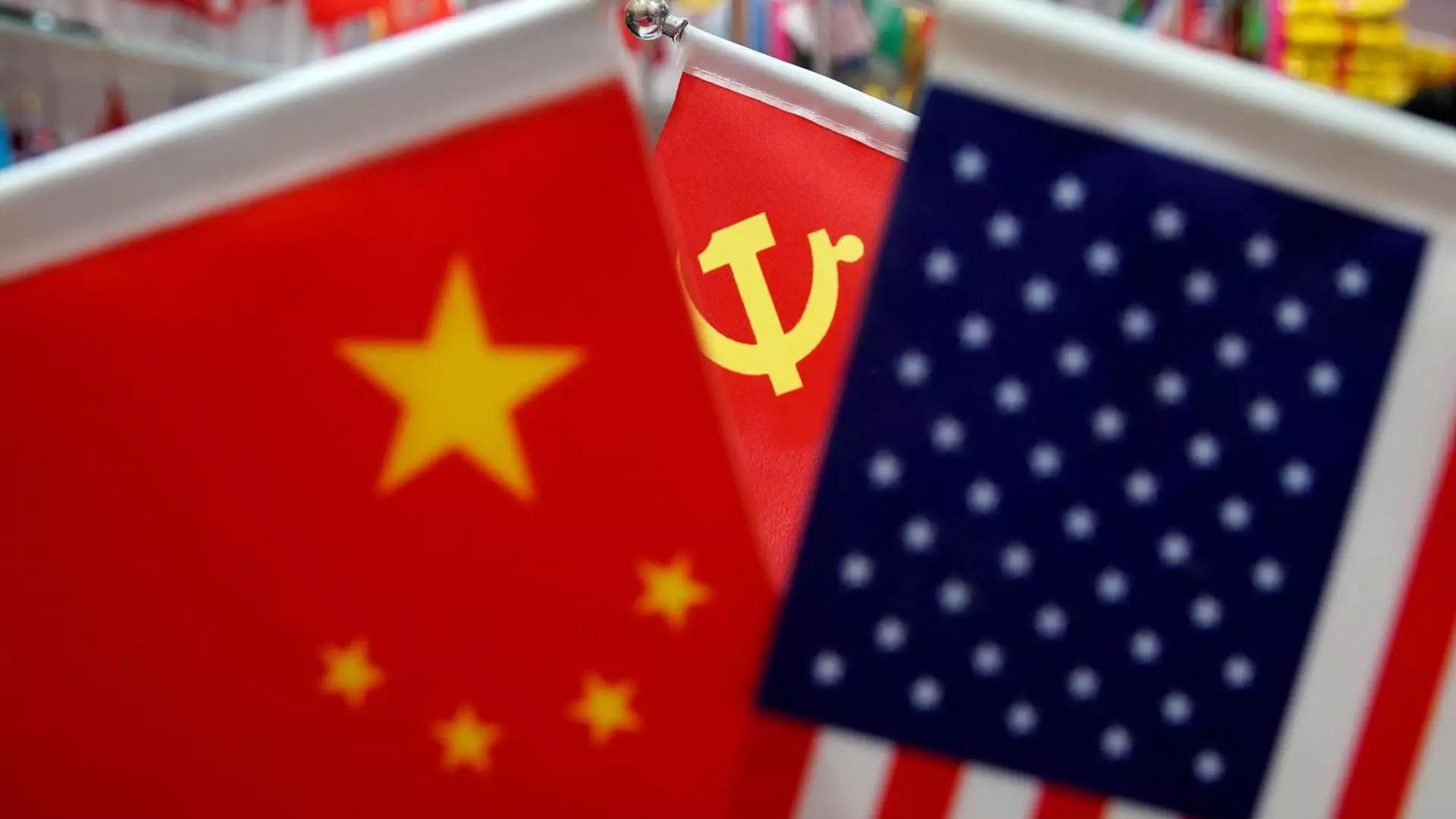As the world watches the transition of power in the United States, China’s recent statements reveal a desire for greater cooperation with the incoming administration of President-elect Donald Trump. This comes at a critical juncture when U.S.-China relations are under strain due to trade disputes and tariff threats. The situation is complex and suggests a landscape where diplomacy and economic strategies will play crucial roles in ensuring both nations can navigate the challenging waters ahead.
Chinese officials have publicly emphasized their willingness to engage with the U.S. on an array of economic issues. According to He Yongqian, a spokesperson from China’s Ministry of Commerce, the country is open to dialogue and aims to pursue a collaborative approach based on mutual respect and win-win scenarios. In her statements, she underscored a need for expanding communication and resolving differences peacefully, an indication of China’s strategic wish to stabilize an increasingly volatile relationship. This echoes sentiments from President Xi Jinping, who also highlighted the merits of cooperation in a direct message to Trump.
However, the reality of trade tensions looms large. During his campaign, Trump has repeatedly hinted at imposing increased tariffs on Chinese goods, resurrecting fears of a trade war that could have far-reaching implications. Analysts predict that tariffs might come into play as early as the first half of the year, particularly if Trump utilizes existing legal frameworks like the International Emergency Economic Powers Act to expedite his plans. Such measures could significantly disrupt not just U.S.-China trade but also the broader global economy.
Economic analyst Yue Su expressed concern about this trajectory, suggesting that such tariffs could be implemented swiftly, intensifying already strained trade relations. Yet, there remains a diverse spectrum of opinions regarding the probable impacts of these tariffs.
While some experts foresee a dire outcome from potential tariffs, others adopt a more tempered view. David Chao from Invesco suggests that the worst-case scenarios may not materialize as the new administration might prioritize diplomatic concessions over aggressive trade policies. He speculates that Trump’s tariff proposals may primarily serve as leverage for negotiations, rather than immediate economic measures. Remarkably, Chao believes that even if a standard 10% tariff were enacted, it might exert significant pressure on global demand, impacting not only China but also the wider Asian market.
As the dust settles from the recent election and the incoming administration prepares to make its mark, the path forward for U.S.-China relations remains fraught with uncertainty. Both countries will need to navigate the complexities of trade and economic diplomacy with considerable care. The aspirations expressed by China for a collaborative future could indicate a readiness to engage, but it will ultimately depend on how the U.S. responds. The stakes are high, and the global economic landscape hangs in the balance as both nations prepare for a new chapter in their long-standing relationship.


Leave a Reply